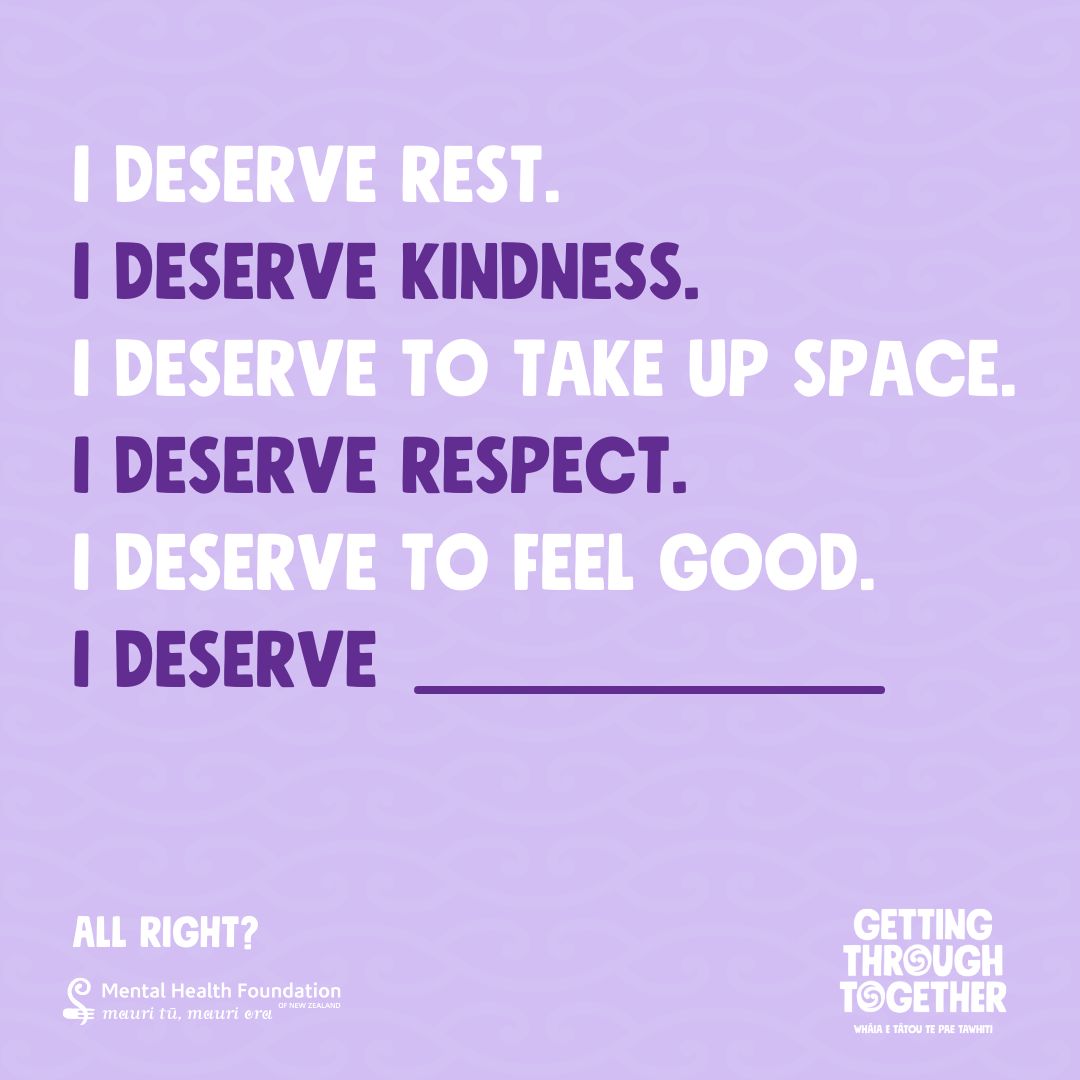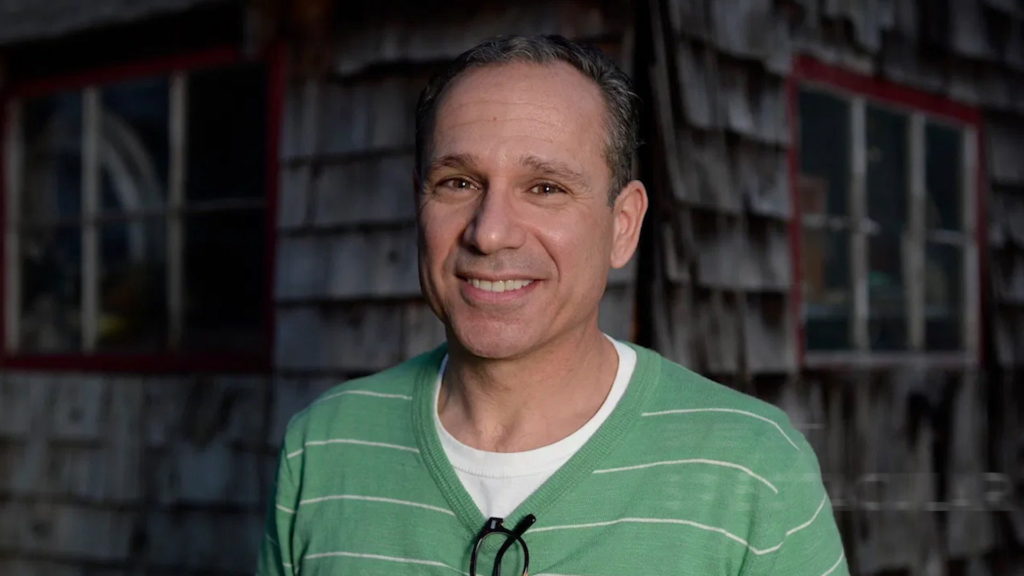What are we Looking at this week?
We’ve shared a lot of inspirational quotes throughout our various Tuesday Trios. This, however, this is an interactive one.
This LinkedIn post, submitted by the Mental Health Foundation of New Zealand, talks about what we deserve, “to look after ourselves, to be treated with respect and kindness and to feel joy and happiness.” They’ve cleverly left the last list entry blank for us to complete by adding a Comment. This really got us thinking.
What would you write?
It’s ok not to feel ok; and its absolutely ok to ask for help.

Look at post (1-minute read)
What are we listening to this week?
What, if anything, does it mean to be a man today? Are our views of masculinity damaging or outdated? How can we address such things as hypermasculinity and achieve fully integrated lives?
In this episode of The Courageous Life podcast, Dr Andrew Reiner tackles these questions and more. Discussing his seminar, “The Changing Face of Masculinity,” Dr Reiner presents interesting insights into male behaviors and where they might have originated. He challenges whether old beliefs and expectations have any place in today’s world.
It certainly made us reflect on not only our own behavior, but on that of our fathers too. Maybe it’s time to break the cycle?
Listen to podcast (48-minute listen)

What are your thoughts? We invite you to comment and share your reactions on our Facebook, X, Instagram and LinkedIn pages.
What we are reading this week?
Have you noticed a change in someone’s mood or behavior? Maybe they seem more anxious than usual? Perhaps they’re surprisingly upbeat? Did you acknowledge it, or did you ignore it?
Alisa Yu, an Organizational Behavior PhD student, noticed that verbally acknowledging patients’ feelings created a sense of trust. In this article, How Noticing Emotions at Work Can Build Trust, we learn how she explored this idea in more detail. She and her research team found that acknowledging others’ emotions out loud helps to build trust between people. It opens a path for honesty and healthy vulnerability.
“The worst thing leaders can do when employees are feeling badly is to do nothing. If leaders want to signal care and build trust, they need to meet people where they are,” The same principle apples to relationships between colleagues.
Show you care. Ask the question. Call for help.
Read the article (1-minute read
If you have something to share with us, find us on Facebook, X, Instagram and LinkedIn pages.
